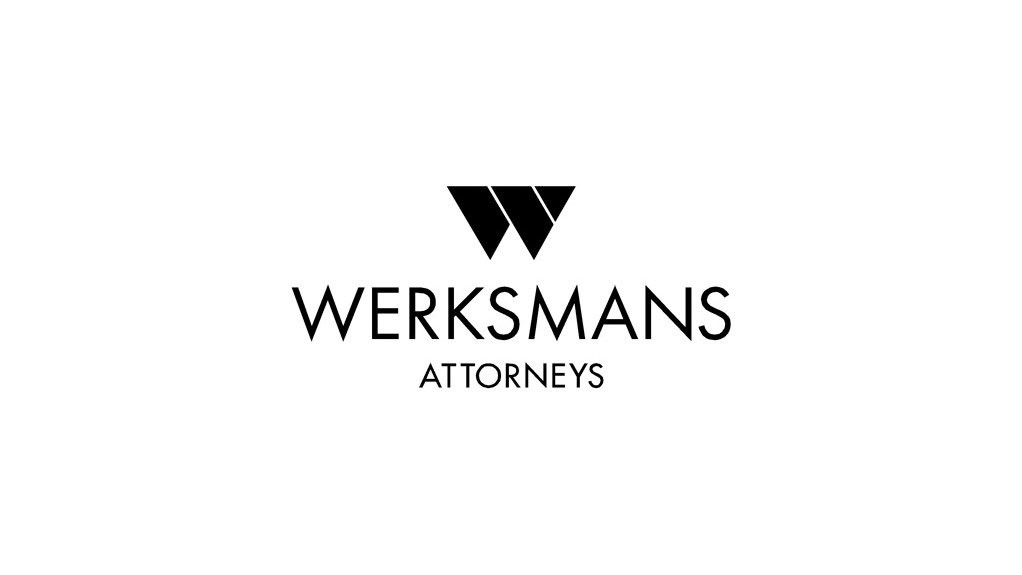On 19 October 2022, the Financial Sector Conduct Authority (FSCA) published General Notice 1350 of 2022 in Government Gazette 47334 (Notice), wherein “crypto assets” were declared ‘financial products’ under section 1 of the Financial Advisory and Intermediary Services Act No. 37 of 2002 (FAIS Act). In terms of the Notice and for purposes of the FAIS Act, a “crypto asset” is a digital representation of value that –
- is not issued by a central bank but is capable of being traded, transferred, or stored electronically by natural and legal persons for payment, investment, and other forms of utility;
- applies cryptographic techniques; and
- uses distributed ledger technology.
The Notice comes after the Crypto Assets Regulatory Working Group of the Intergovernmental Fintech Working Group, in its position paper on crypto assets dated 11 June 2021, recognised that crypto assets must be incorporated within the South African regulatory framework.
The FSCA, in its policy document issued on 19 October 2022 supporting the Notice (Policy Document), sets out the effect, scope, licensing, and transitional provisions of the Notice. In terms of the Policy Document, crypto service providers in South Africa must apply for a licence between 1 June 2023 and 20 November 2023 to legally operate within South Africa or risk criminal conviction and a R10 million fine. As a result, any person rendering crypto services and/ or selling crypto assets must be licensed as a financial service provider in terms of the FAIS Act.
The FSCA, in its press conference on 20 October 2022 stated that that the regulation and licensing of crypto assets is intended to protect consumers from crypto scams and empower the authorities to take action against such crypto scammers. Even though the FSCA supports the Notice, it deliberately referred to crypto assets as opposed to cryptocurrencies, as the FSCA does not believe that cryptocurrency meets the criteria for currency.
The FSCA reiterated that currency (or legal tender) must (i) store value, (ii) have a unit of account, (iii) have general acceptance and (iv) be a medium of exchange.
Written by Kyra South, Senior associate, and Janice Geel, Associate Designate. Reviewed by Natalie Scott, Director in Banking and Finance and Head of Sustainability, Werksmans
EMAIL THIS ARTICLE SAVE THIS ARTICLE ARTICLE ENQUIRY
To subscribe email subscriptions@creamermedia.co.za or click here
To advertise email advertising@creamermedia.co.za or click here











